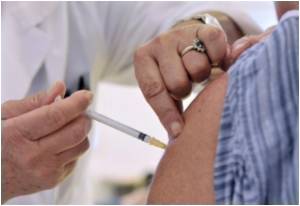In the brains of mice the activation of receptors can counteract the behavioral and addictive effects of cocaine.

CB1 receptors, which are found in large numbers in the brain activated by drugs such as marijuana. They are known to stimulate the brain's reward system, which is why they have been the focus of addiction research.
CB2 receptors are primarily located on the body's immune cells. They are also known to be involved in pain perception.
Until recently, it was thought that CB2 receptors were not present in the brain or that, if they were, it was in such low density that they were not involved in drug addiction.
Now for the first time, a research led by Dr Zheng-Xiong Xi of the National Institute on Drug Abuse in the US, has identified that CB2 plays a vital role in controlling the reward mechanism responsible for drug addiction.
In their study, Xi and colleagues trained mice to self-administer cocaine intravenously. The researchers found that activating CB2 receptors with two different 'agonists' reduced drug-induced behaviour such as hyperactivity.
Advertisement
Further experiments showed the observed effects were mediated by the brain's CB2 receptors and that the rewarding effects of cocaine were blocked.
Advertisement
"Our findings open a new field; CB2 agonists have a very high potential for treating addiction," he added.
Xi and his colleagues are now focusing on finding the mechanism by which activation of CB2 receptors inhibits dopamine release.
The results are published online in Nature Neuroscience.
Source-ANI















